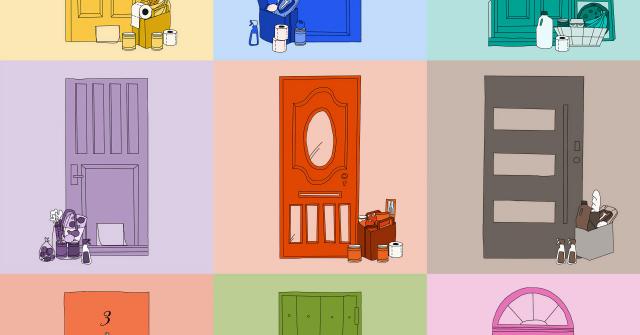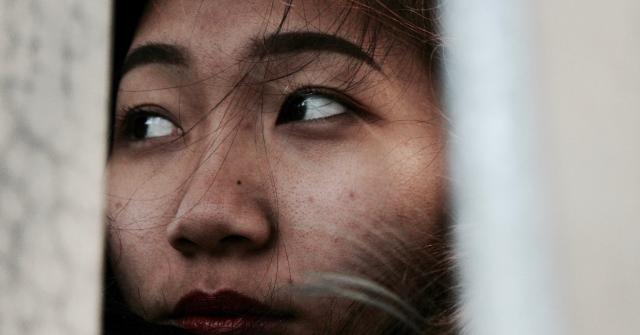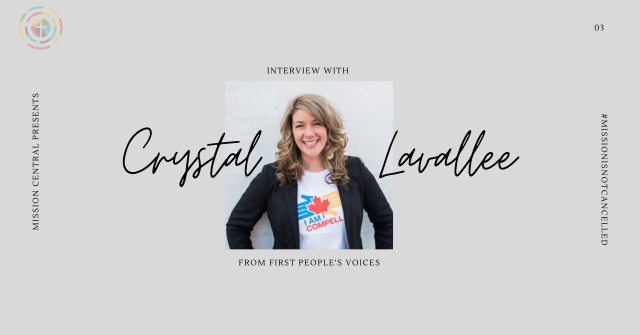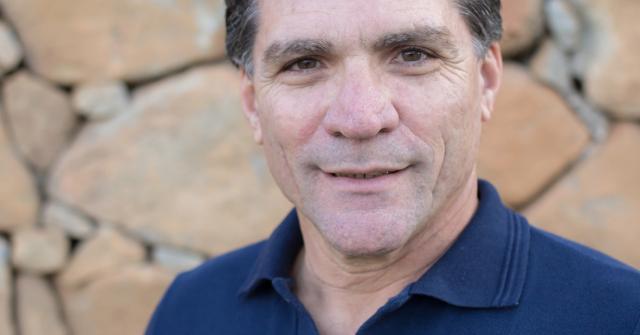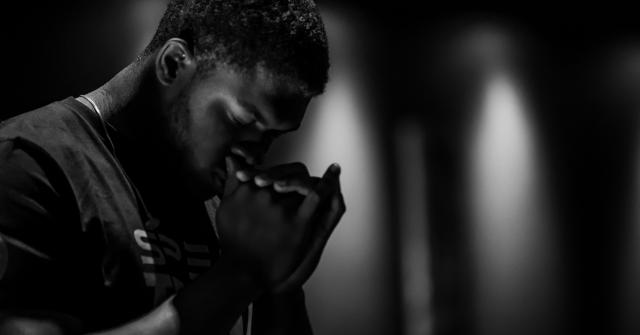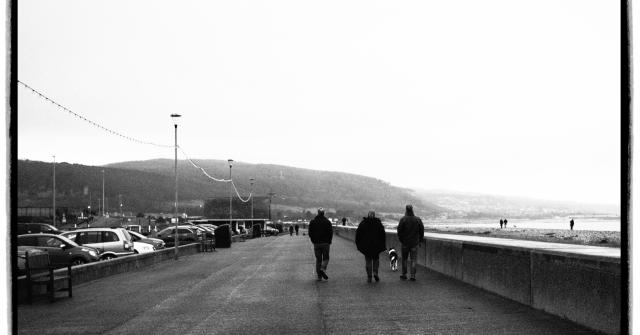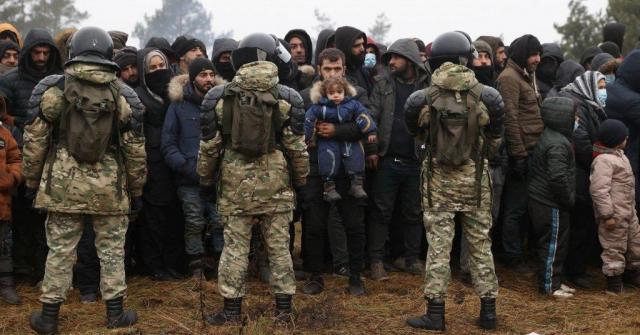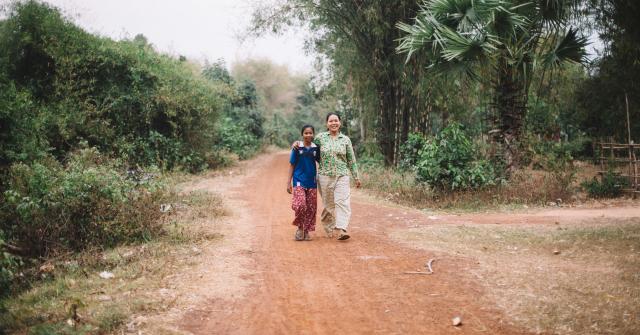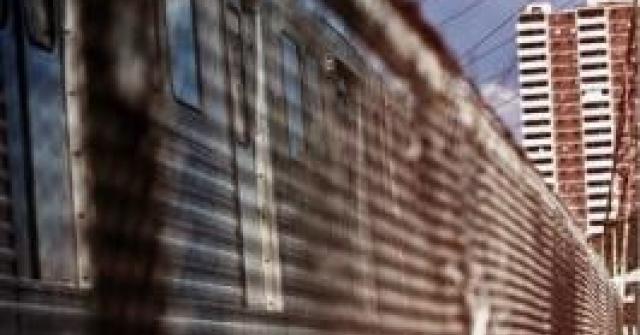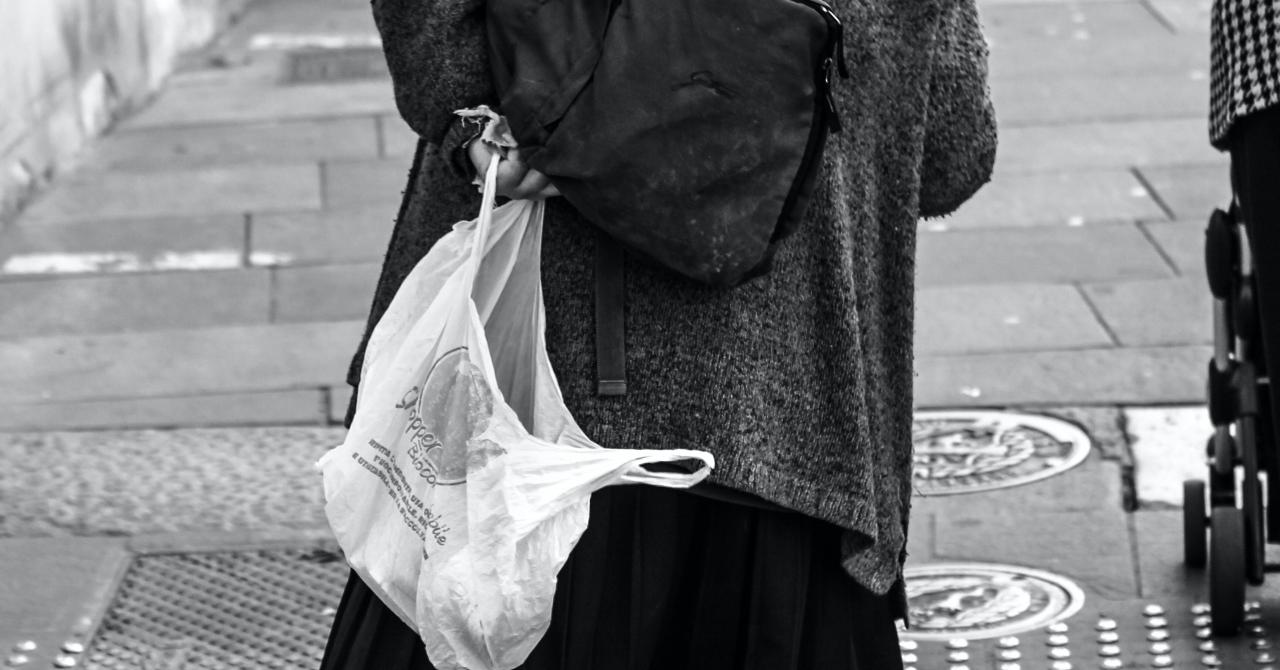
Homelessness and COVID: Acute meets Chronic What does this COVID pandemic mean for homelessness in this season
I cannot remember a single day in the past 3 months I have not had at least one conversation with others asking me what is going to happen this winter when the second wave of COVID-19 comes. As the chairperson for the Homelessness Services Association of BC (HSABC), I think about that often.
Most people in BC are familiar with Dr. Bonnie and her warnings of the challenges that winter will bring with COVID-19, which we are grateful for. But there is another less known buzzword around my brain when talk of this Pandemic and the impact on the vulnerable people in our communities comes up.
She is not with a Health Authority, or even a doctor. Certainly not a theologian, but rather a British-American social justice and health care advocate. Ophelia Dahl is President and Executive Director of Partners In Health, a Boston, Massachusetts-based non-profit health care organization dedicated to providing a "preferential option for the poor."
In 2017, she described the 2014 Ebola outbreak in West Africa as Acute on Chronic. What she meant was that the immediate harms of the outbreak came on top of the ongoing structural issues faced by the West African Nations.
I hear her words now and feel directly the acute problems from COVID-19 adding additional weight to the already chronic problems with our insufficient social welfare system in Canada. The tales of troubles in the DTES have been around for generations. Yet no matter how many governments talk about the problem or even how many resources are invested in the community via the Homelessness Services sector, the problem remains to be solved and only grows more out of control.
Canada has struggled coast to coast to coast for decades to properly address the complex needs of vulnerable individuals experiencing homelessness without getting close to solving the core issues.
The Homelessness services sector exists to catch people that fall between the cracks in ordinary times. Long before the virus became headline news it was all too well known that Canada has fallen short of providing adequate support to the most vulnerable amongst us in our society. Now we are facing unprecedented times that are stretching our already scarce resources in ways we could not have imagined or planned for.
I must share explicitly; I am not writing here to argue for more funding. What I am presenting now is that the problem of homelessness and even the related opioid death crisis are actually a much greater systematic byproduct that exists because of many other inadequate investments of resources upstream and poor responses downstream. These poor downstream responses include the needs for affordable social housing, seniors in poverty, systemic racism, unresolved indigenous issues, loneliness, isolation, mental illness, and addiction. These chronic unmet needs are more painful and problematic for our society, cities, communities, and individual relationships now because of COVID-19.
This virus is just the latest slice of long-standing problem pie that has been baking for far too many years. And worse, I believe that we have barely begun to see the fallout in our communities of COVID-19 that will sting this winter and have consequences that will last many years after.
But it does not need to be all bad news and loss upon loss. The acute burden of the second wave piling on top of our already chronic problems can be a blessing. It can be a second opportunity for “the Church” to build and rebuild broken relationships with those in need. We, the Church, are called to identify with the broken. We need the needy as much as they need us.
Very soon, if not already, people who have sat beside us for years in our pews will be approaching “The Church” asking for a little back of what they put in the baskets. Or worse they will turn away in shame and just disappear. I am witnessing first-hand new never before seen people arriving at Catholic Charites Men’s Shelter, Salvation Army, UGM, and First United all with similar stories. They are experiencing homelessness for the first time in their lives, after a lifetime of stability, because of the Pandemic.
Last February, when starting to follow the news, I wondered how the Coronavirus would impact our lives. By March I learned the hard lesson of everything changing. I know this winter Catholic Charites and the sector shelter providers are in far better places now compared to where we were six months ago. There is an abundance of PPE, upgraded Pandemic Plans, guests aware of the landscape, and staff-trained for what we believe will be a significant surge in positive cases within our immediate environment. But it still does not mean we are ready for this winter
I have faith that as the second wave of Covid-19 infections comes, that regardless of what happens in the Homelessness Sector and in the communities we are in, that God and the Church will be a gentle whisper bringing peace. Peace in the form of the body of Christ coming together in prayer, compassionate actions by humble hands and hearts, welcoming and helping to heal the most vulnerable among us.
